Enhancing Poultry Farm Operations: Strategies for Success
In the dynamic and demanding world of poultry farming, continuous improvement is key to sustainability, profitability, and meeting the high standards of consumers. Adopting innovative strategies and practices can significantly enhance the operation of poultry farms, ensuring they remain competitive and environmentally responsible. For students or professionals in agricultural studies seeking to dive deeper into these topics without compromising on their other academic responsibilities, the service complete coursework for me fast can be a valuable resource.Here are several approaches to consider for optimizing your poultry farm’s operations.

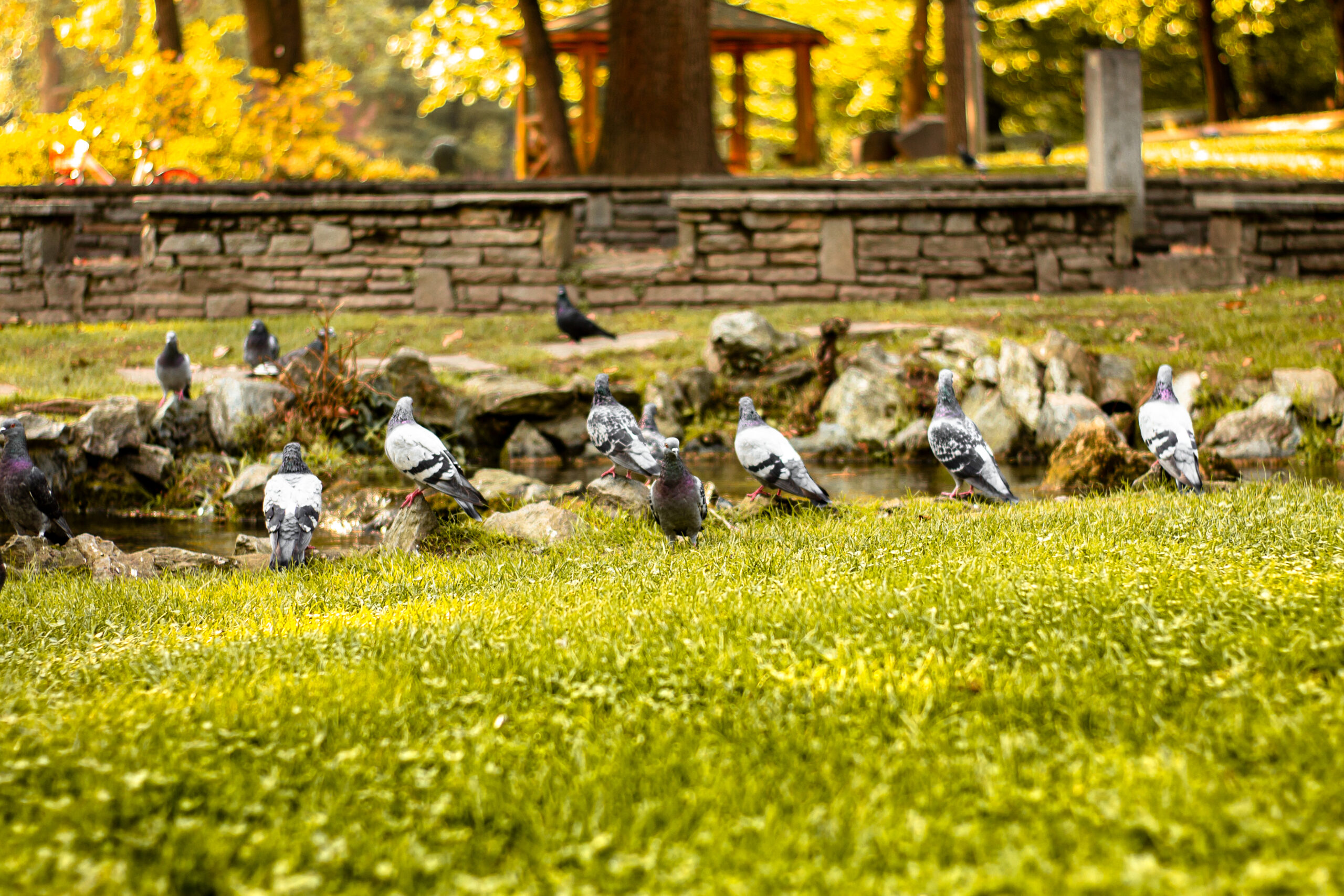
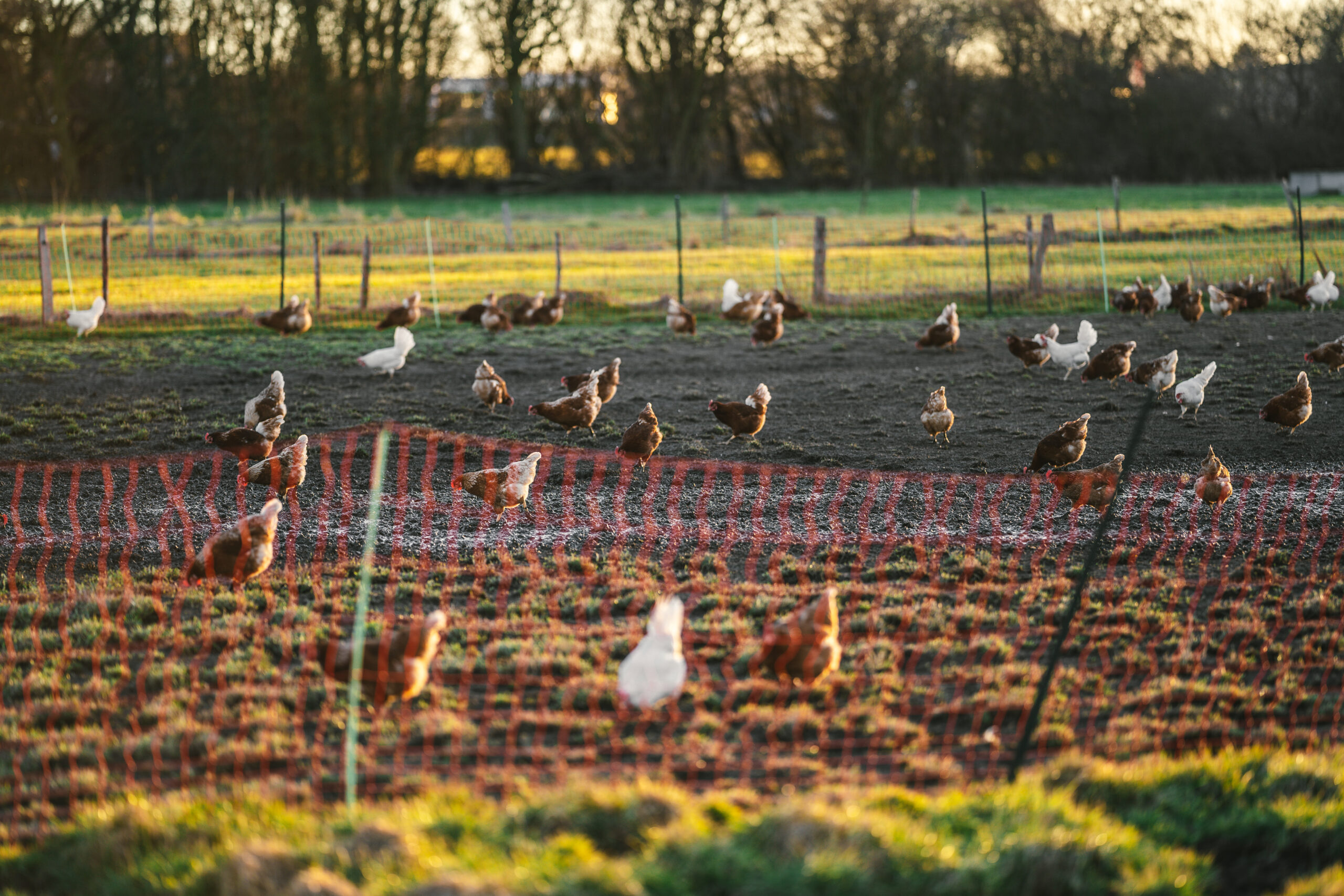
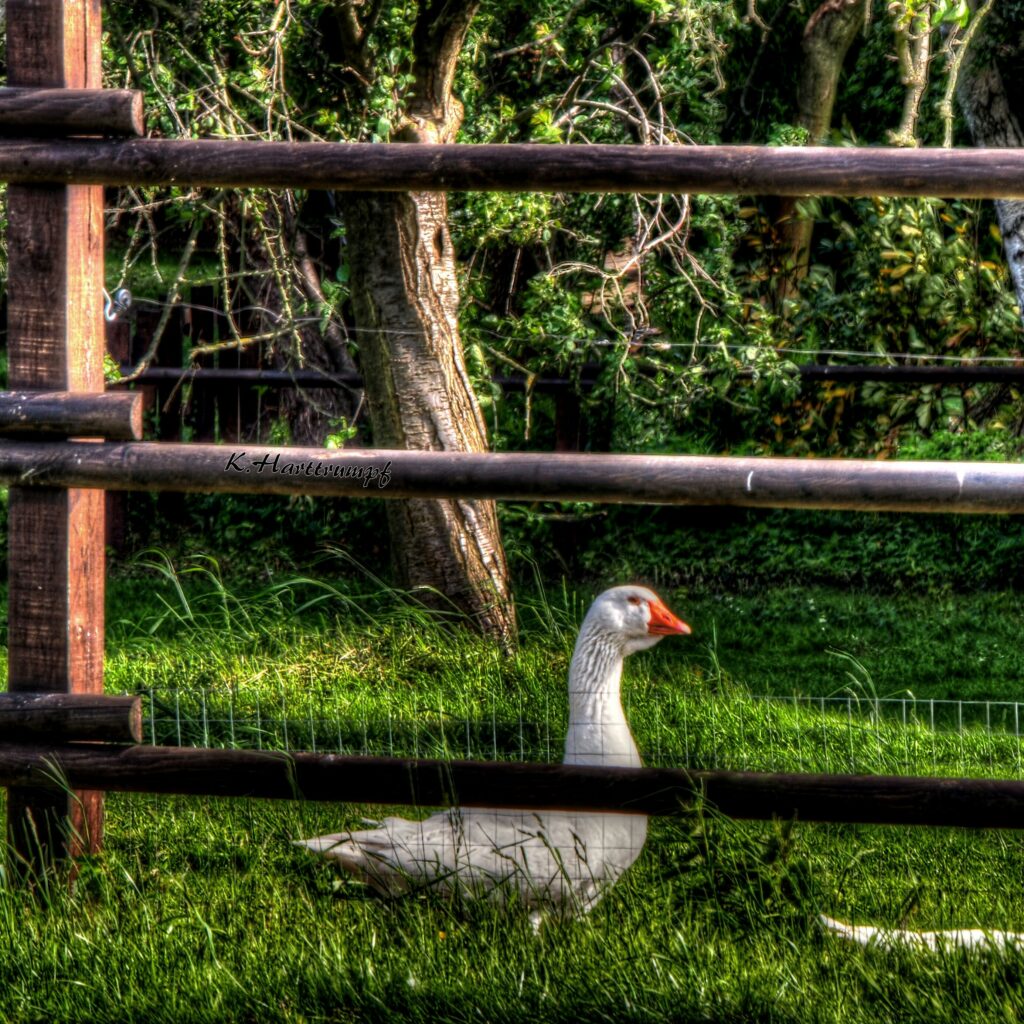

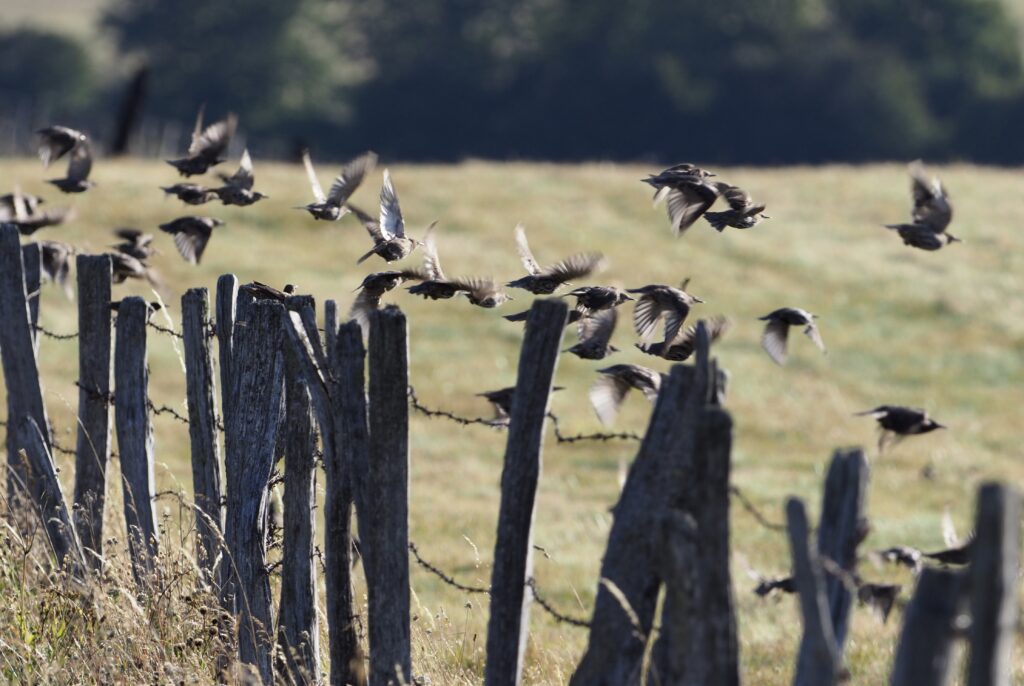

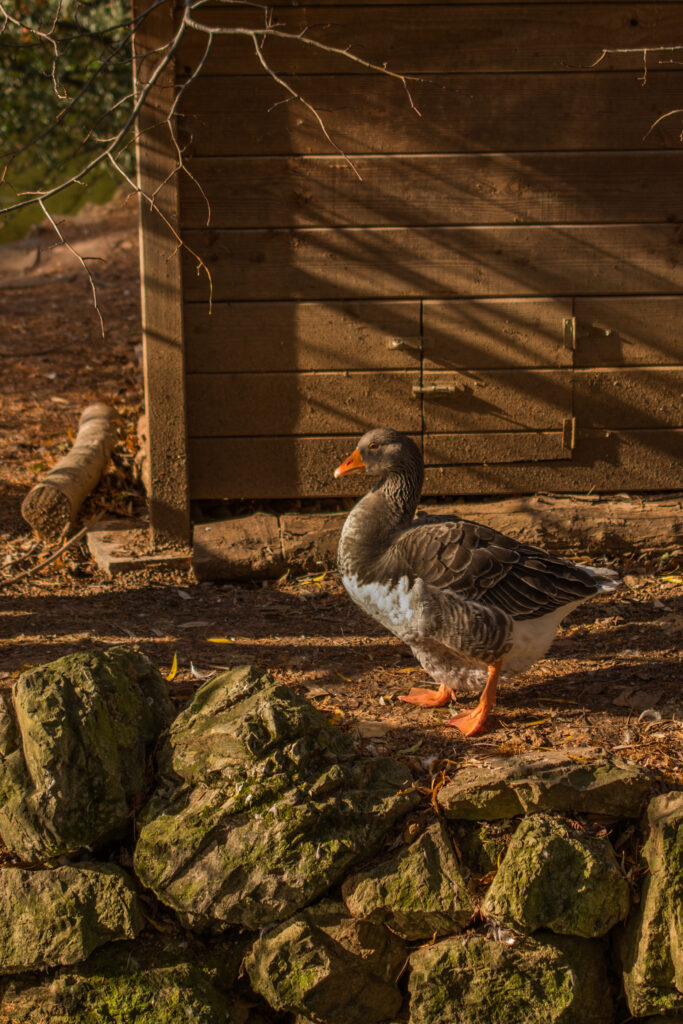

Embrace Technology and Automation
Incorporate Advanced Technologies: Utilize precision farming technologies, including automated feeding, watering systems, and climate control, to ensure optimal growing conditions. Implementing monitoring systems for health and productivity can lead to early detection of issues, reducing losses and improving flock health, with support from services like Paperwriter to effectively document and analyze the results.
Leverage Data Analytics: Use data analytics to gather insights on feeding patterns, growth rates, and health indicators. This information can help in making informed decisions that boost efficiency and productivity.
Focus on Biosecurity Measures
Implement Strict Biosecurity Protocols: Preventing disease is more cost-effective than treating it. Establish rigorous biosecurity measures, including disinfection procedures, controlled access to facilities, and health screenings for new birds.
Regular Health Monitoring: Conduct regular health checks and vaccinations to prevent outbreaks of diseases. Early detection and isolation of sick birds are crucial to stop the spread of illness.
Invest in Employee Training and Welfare
Comprehensive Training Programs: Ensure all staff are well-trained in the latest poultry farming techniques, animal welfare standards, and biosecurity measures. Knowledgeable employees are essential for the efficient and humane operation of a poultry farm.
Focus on Employee Welfare: Happy, motivated employees are more productive. Implement measures to ensure the physical and mental well-being of your team, such as fair wages, reasonable working hours, and a safe working environment.
Sustainable Farming Practices
Resource Management: Implement systems to efficiently use and recycle water and reduce energy consumption. Solar panels, biogas from waste, and other renewable energy sources can significantly cut operational costs and environmental impact.
Eco-friendly Feed Solutions: Explore sustainable feed options, such as insect protein or plant-based alternatives, to reduce dependence on traditional, resource-intensive feedstocks.
Enhance Animal Welfare
Improve Living Conditions: Adopting free-range or cage-free farming practices where feasible can improve the health and welfare of poultry. Ensure adequate space, access to natural light, and enrichment activities.
Nutrition and Health: Provide a balanced, nutritious diet and clean water to promote healthy growth and reduce the need for medications. Monitor health closely and use antibiotics responsibly, only when necessary.
Market Diversification
Explore Niche Markets: Catering to specific consumer preferences, such as organic or antibiotic-free products, can open new markets and add value to your poultry products.
Product Innovation: Consider diversifying into poultry-related products, such as eggs, feathers, or organic fertilizers, to maximize revenue from your operation.
Continuous Improvement and Adaptation
Stay Informed: Keep abreast of industry trends, research, and technological advancements. Attending conferences, participating in workshops, and engaging with the farming community can provide valuable insights.
Feedback Loops: Implement systems to gather feedback from employees, customers, and the broader market. Use this information to continuously refine and improve your operations.
By embracing these strategies, poultry farms can enhance their operational efficiency, improve animal welfare, and meet the evolving demands of the market and regulatory environment. The future of poultry farming lies in sustainable, efficient, and humane practices, powered by innovation and a commitment to excellence.